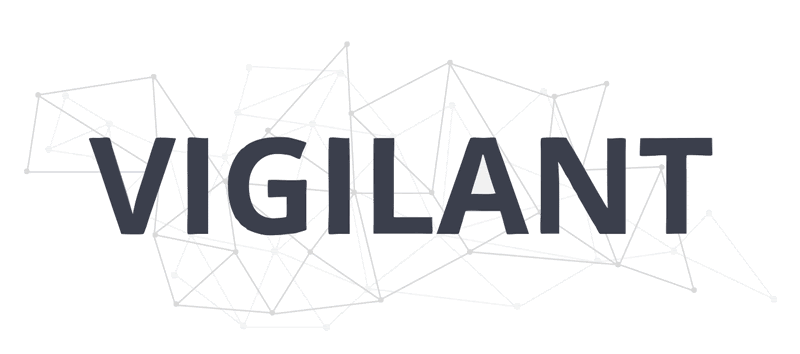June 2, 2020
From Vigilant to illumis: Carrying Transparency Forward
We started Vigilant with a clear problem in mind: government records are far too difficult to access. This impedes transparency, and makes it harder for people who need access to this information to do their jobs. Over the last four years—whether it’s wrangling antiquated databases, messy archived documents, or records scattered between hundreds of balkanized datasets—we’ve worked to enhance transparency and make it easier to access public data.
We’ve done that by building the leading compliance and research solutions to help enhance transparency and reduce risk. Our customers use our tools for transparency to solve a wide range of problems – from avoiding conflicts of interest and ensuring compliance with pay-to-play regulations, to deep-dive investigations into firms, and vetting for potential reputational risks.
I’m excited to share that today we’ll continue to carry that mission forward – with a new look, a new website, and a new name.
 Today, Vigilant will become illumis. Our team’s mission to improve access to public data to enhance transparency and reduce risk won’t change. Neither will our commitment to innovation, to quality and most importantly, to the success of our customers and our partners.
Today, Vigilant will become illumis. Our team’s mission to improve access to public data to enhance transparency and reduce risk won’t change. Neither will our commitment to innovation, to quality and most importantly, to the success of our customers and our partners.
Our new name, website and brand reflect the broader tools for transparency we offer, and the future of what we are building – going beyond monitoring, with entire workflows to help not only find the information you need, but to put it in context and make use of it. We aim to shine a light, and help you chart a course.
Why are we changing our name, four years in? During this time, we’ve primarily been building solutions that helped our customers find and monitor for new public records, and the name Vigilant suited the work well. But as we’ve grown (rapidly!), monitoring has become one part of what we do, among broader solutions that help our customers manage their entire workflows. And it was time for us to develop a unique name and brand that would reflect the way our customers use our product to shed light. We found that in illumis.
While we are several chapters into the story already, we’re excited about what’s to come. If you’re interested in the work we’re doing, please reach out - we’d love to share more.
We look forward to working with you on it, and to lighting the way ahead.
Forward,
Mike
.png?width=1263&height=519&name=COMPLY-illumis_DRK%20(1).png)